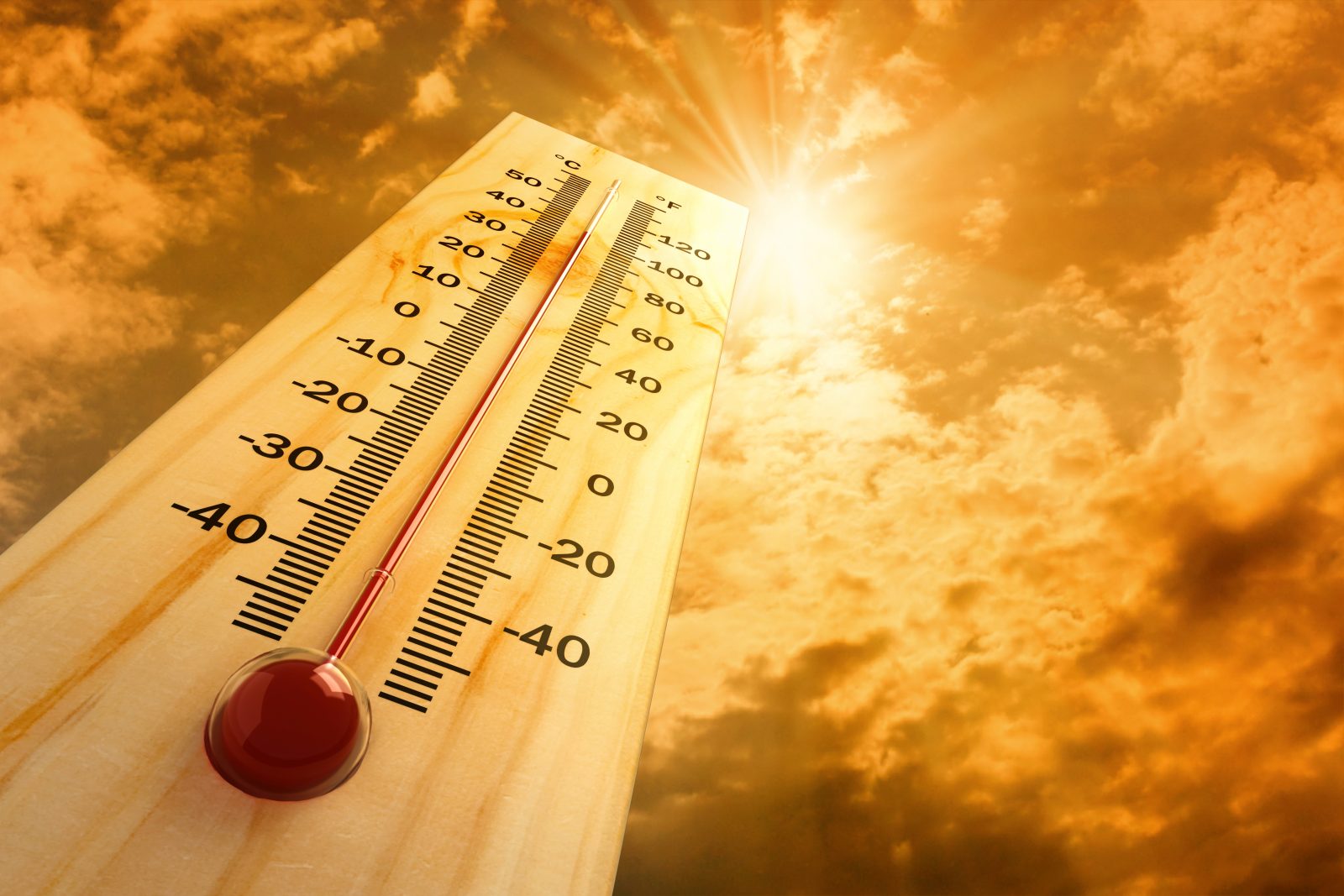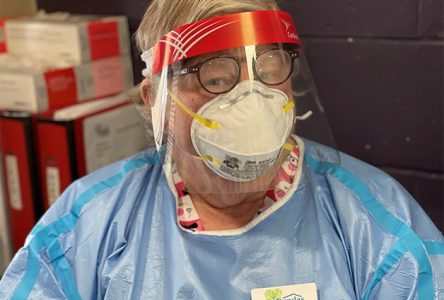CORNWALL, Ontario – Environment Canada has issued a Heat Warning for Cornwall and the surrounding municipalities as of Sunday, Aug. 9, 2020.
Extreme hot temperatures can be expected from Sunday through to Tuesday.
Environment Canada projects the following temperatures for the region:
Maximum temperatures today: 30 to 32 degrees Celsius (Humidex 38 to 40).
Maximum temperatures Monday: 31 to 33 degrees Celsius (Humidex 39 to 41).
Minimum overnight temperatures: 20 to 23 degrees Celsius.
In addition to the high temperatures The Weather Network is also projecting thunderstorms on Tuesday, Aug. 11.
“Everyone is at risk during a heat event, but health risks are greater for: older adults, infants and young children, people with chronic illnesses, people who work in the heat, people who exercise in the heat, homeless people and low-income earners,” reads a statement from the Eastern Ontario Health Unit (EOHU) issued on Aug. 9.
The EOHU provided the following tips to help reduce the risk of heat illness.
- Drink plenty of cool liquids, especially water, before you feel thirsty to decrease your risk of dehydration. Thirst is not a good indicator of dehydration.
- Reschedule or plan outdoor activities during cooler parts of the day.
- Wear loose-fitting, light-coloured clothing made of breathable fabric. Dress babies and young children very lightly and do not bundle them in blankets or heavy clothing.
- Never leave people or pets in your care inside a parked vehicle or in direct sunlight.
- Take a break from the heat by spending a few hours in a cool place. It could be a tree-shaded area, an air-conditioned spot, or a cooling centre.
- Take cool showers or baths until you feel refreshed.
- Prepare meals that don’t need to be cooked in your oven.
- Block sun out by closing awnings, curtains or blinds during the day.
- Avoid sun exposure. Shade yourself by wearing a wide-brimmed, breathable hat or using an umbrella.
- Limit your physical activity.
- Be aware that children are unable to perspire as much as adults and are therefore more prone to heat stress.
- Ask your health care provider or pharmacist if the medications you are taking or any health condition you may have increase your health risk in the heat and follow their recommendations.




